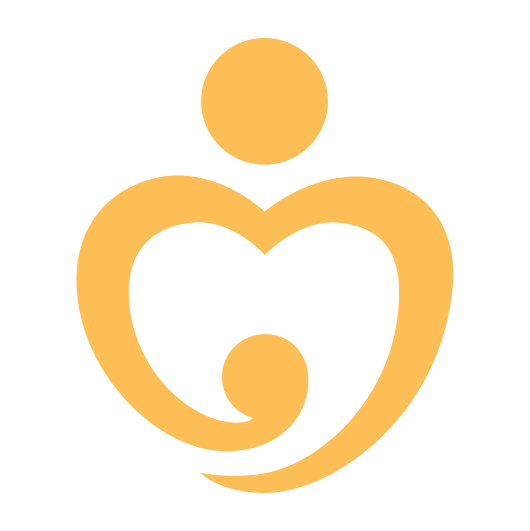A model health system: Jwalamukhi’s success in sustainability
Photos and Story By Naresh Newar in Jwalamukhi Rural Municipality, Dhading District
In Maidi village of Jwalamukhi Rural Municipality, Dhading District, Pradeep’s face radiates with joy as he cradles his newborn son. His wife, Amrita, had just given birth at the Maidi Health Post, a facility that has transformed its modestly equipped birthing center into a model of excellence. This transformation was made possible through the combined efforts of One Heart Worldwide (OHW) and the local government of Jwalamukhi when OHW implemented the Network of Safety from 2015 to 2021.
Amrita and her family are among the many who have benefited from OHW’s Network of Safety model in Dhading. By 2018, after four years of work, OHW successfully handed over the program to the local governments in the district’s 13 municipalities, ensuring continued progress and care for the community.
“We are so thankful we came here,” Pradeep said, his eyes focused on his baby and shining with gratitude. “The maternity home helped us give our baby a safe and healthy start in life.”
The maternity home, constructed with OHW’s support, provided a comfortable and safe space for expectant and recently delivered mothers to stay before and after giving birth. Amrita had traveled from her Ratomata village, driving on the rough roads for two hours in a for-hire off-road vehicle to reach the health post.
She was thrilled with the care she received. “I feel so relaxed staying in the maternity home,” she said. “The nurses are very helpful; we get free food and ambulance service. It’s a really comfortable place.”
The effectiveness of the maternity home at Maidi Health Facility encouraged the local government to create more maternity homes in more health facilities in Jwalamukhi Rural Municipality.
Sangita, a Female Community Health Volunteer (FCHV), has seen firsthand the transformation in her community. “Before, we used to tell women to visit health facilities, but they were shy and hesitant,” she said. “Now, pregnant women and their families visit my house for advice. They are more interested in getting information to ensure safe pregnancy and childbirth.”
As an FCHV, Sangita’s role is crucial in educating women about safe motherhood and tracking pregnancies in the community. She has been trained by OHW to provide counseling on birth preparedness, recognize danger signs, and refer women to health facilities. “We work very closely with communities,” she said. “OHW has done a very good job. Projects come and go, but we should all play a role in giving continuity to such initiatives.”
Sustaining the Continuum of Quality Care
Sujan Shrestha, Health Coordinator of Jwalamukhi Rural Municipality, has witnessed the transformation of MNH care in his municipality and despite the departure of OHW from Dhading, the continuum of quality care has remained consistent.
“We have been providing proper support, sustaining quality services to women. We have consistently made plans in a strategic way to ensure safe pregnancy and safe motherhood,” says Shrestha.
The rural municipality has also taken steps to ensure the sustainability of the program. “We have 40 female community health volunteers (FCHV) and we mobilize them actively in the community where they can track and identify women with pregnancies, educating them about pregnancy care and the number of visits they should make at the health facilities,” Sujan said.
He shares how the impact of the Network of Safety is evident in the data – zero maternal deaths in the past three years in the municipality, and a significant reduction in neonatal deaths. But it was not just the numbers that told the story – it was the lives of women and children that had been transformed forever, explains Shrestha, and this is not just limited to his municipality but extends to the rest of the district.
OHW’s strategic approach of prioritizing partnerships with municipal governments has been central to the program’s sustainability. Local bodies have taken ownership of the program activities, including budgeting for the ultrasound program and purchasing emergency medicine. Many health facilities are actively working on the Zero Home Delivery program, aiming to eliminate home births in favor of safer, facility-based deliveries.
“the Impact of the Network of Safety is evident in the data – zero maternal deaths in the past three years in the municipality, and a significant reduction in neonatal deaths.”
- Sujan Shrestha, Health Coordinator of Jwalamukhi Rural Municipality
A Lasting Impact
The story of Maidi village, Jwalamukhi Rural Municipality, and the broader Dhading District exemplifies the profound impact that strategic partnerships and community engagement can have on maternal and newborn health. Through the collaborative efforts of One Heart Worldwide and the local government, the Network of Safety has not only transformed health facilities but also instilled a sense of ownership and responsibility within the community. The sustained progress in maternal and neonatal care, evidenced by improved health outcomes and the establishment of critical resources like upgraded birthing centers, highlights the importance of continued commitment to these initiatives.
As OHW transitioned out of Dhading District in 2021, the strong foundation it established has continued to flourish under the stewardship of local communities and government. Now, three years later, the vision of safe motherhood remains vibrant, offering hope and a brighter future for countless families in Dhading and beyond.






